CHEMICAL IDENTIFICATION
-
RTECS NUMBER :
-
UV1200600
-
CHEMICAL NAME :
-
Pyridoxal
-
CAS REGISTRY NUMBER :
-
66-72-8
-
BEILSTEIN REFERENCE NO. :
-
0383768
-
LAST UPDATED :
-
199709
-
DATA ITEMS CITED :
-
4
-
MOLECULAR FORMULA :
-
C8-H9-N-O3
-
MOLECULAR WEIGHT :
-
167.18
HEALTH HAZARD DATA
ACUTE TOXICITY DATA
-
TYPE OF TEST :
-
LD50 - Lethal dose, 50 percent kill
-
ROUTE OF EXPOSURE :
-
Intraperitoneal
-
SPECIES OBSERVED :
-
Rodent - rat
-
DOSE/DURATION :
-
540 mg/kg
-
TOXIC EFFECTS :
-
Behavioral - convulsions or effect on seizure threshold Behavioral - rigidity (including catalepsy) Behavioral - irritability
-
REFERENCE :
-
THERAP Therapie. (Doin, Editeurs, 8, Place de l'Odeon, F-75006 Paris, France) V.1- 1946- Volume(issue)/page/year: 25,539,1970
-
TYPE OF TEST :
-
LD50 - Lethal dose, 50 percent kill
-
ROUTE OF EXPOSURE :
-
Oral
-
SPECIES OBSERVED :
-
Rodent - mouse
-
DOSE/DURATION :
-
1120 mg/kg
-
TOXIC EFFECTS :
-
Behavioral - convulsions or effect on seizure threshold Behavioral - rigidity (including catalepsy) Behavioral - irritability
-
REFERENCE :
-
THERAP Therapie. (Doin, Editeurs, 8, Place de l'Odeon, F-75006 Paris, France) V.1- 1946- Volume(issue)/page/year: 25,539,1970
-
TYPE OF TEST :
-
LD50 - Lethal dose, 50 percent kill
-
ROUTE OF EXPOSURE :
-
Intraperitoneal
-
SPECIES OBSERVED :
-
Rodent - mouse
-
DOSE/DURATION :
-
480 mg/kg
-
TOXIC EFFECTS :
-
Behavioral - convulsions or effect on seizure threshold Behavioral - rigidity (including catalepsy) Behavioral - irritability
-
REFERENCE :
-
THERAP Therapie. (Doin, Editeurs, 8, Place de l'Odeon, F-75006 Paris, France) V.1- 1946- Volume(issue)/page/year: 25,539,1970 *** NIOSH STANDARDS DEVELOPMENT AND SURVEILLANCE DATA *** NIOSH OCCUPATIONAL EXPOSURE SURVEY DATA : NOES - National Occupational Exposure Survey (1983) NOES Hazard Code - X9714 No. of Facilities: 3 (estimated) No. of Industries: 1 No. of Occupations: 1 No. of Employees: 522 (estimated) No. of Female Employees: 261 (estimated)
|
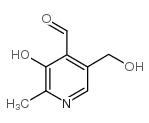
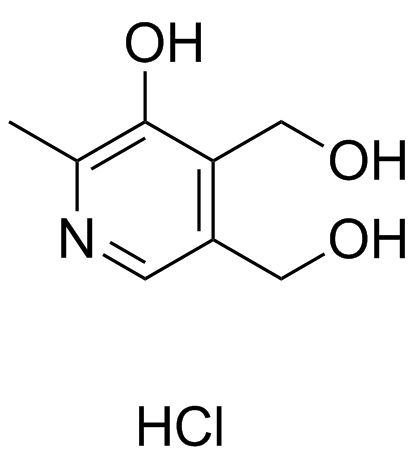 CAS#:58-56-0
CAS#:58-56-0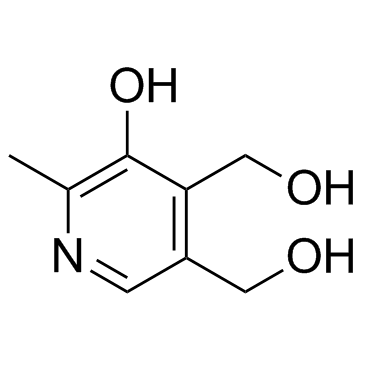 CAS#:65-23-6
CAS#:65-23-6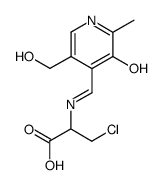 CAS#:64896-38-4
CAS#:64896-38-4 CAS#:7664-93-9
CAS#:7664-93-9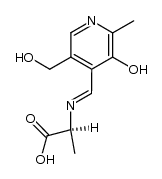 CAS#:13933-84-1
CAS#:13933-84-1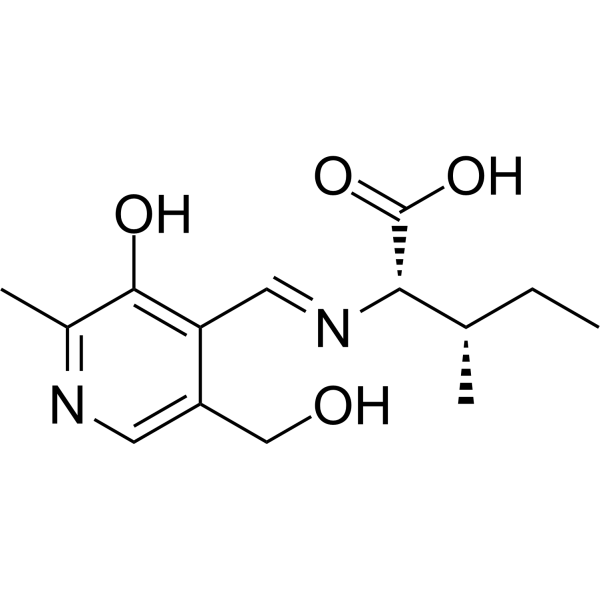 CAS#:57212-58-5
CAS#:57212-58-5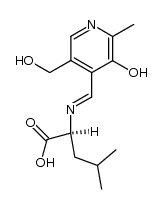 CAS#:13933-97-6
CAS#:13933-97-6 CAS#:7647-01-0
CAS#:7647-01-0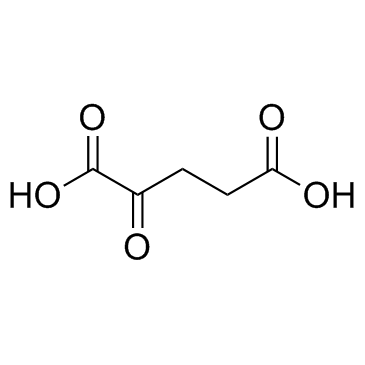 CAS#:328-50-7
CAS#:328-50-7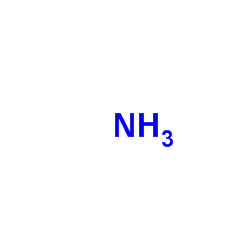 CAS#:7664-41-7
CAS#:7664-41-7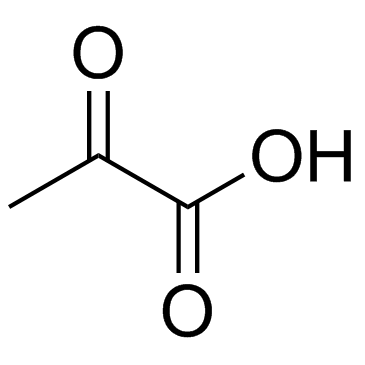 CAS#:127-17-3
CAS#:127-17-3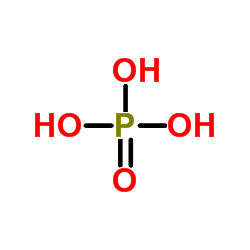 CAS#:7664-38-2
CAS#:7664-38-2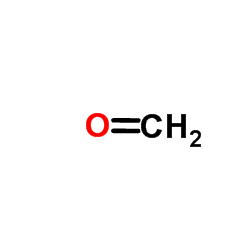 CAS#:50-00-0
CAS#:50-00-0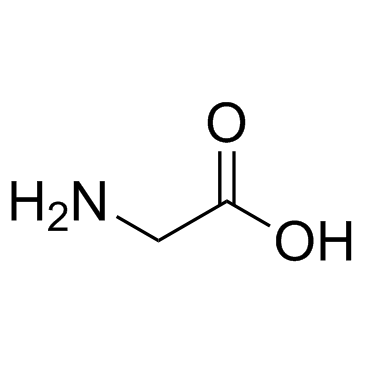 CAS#:56-40-6
CAS#:56-40-6 CAS#:302-72-7
CAS#:302-72-7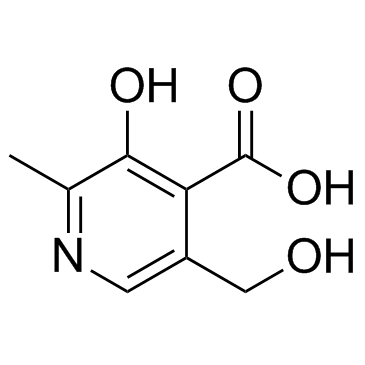 CAS#:82-82-6
CAS#:82-82-6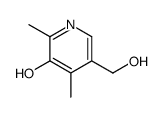 CAS#:61-67-6
CAS#:61-67-6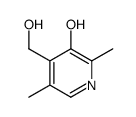 CAS#:4811-03-4
CAS#:4811-03-4